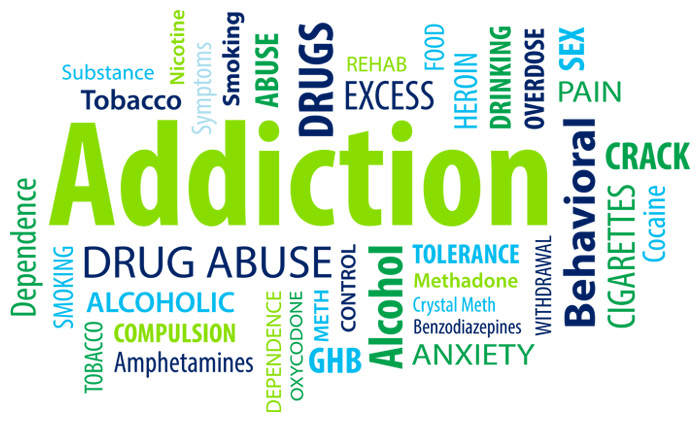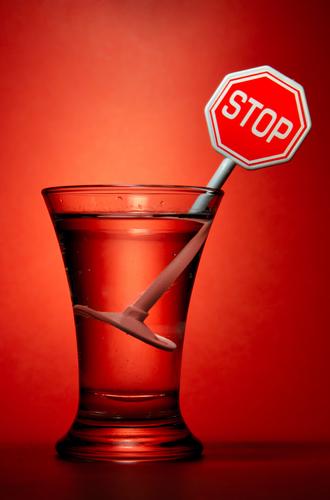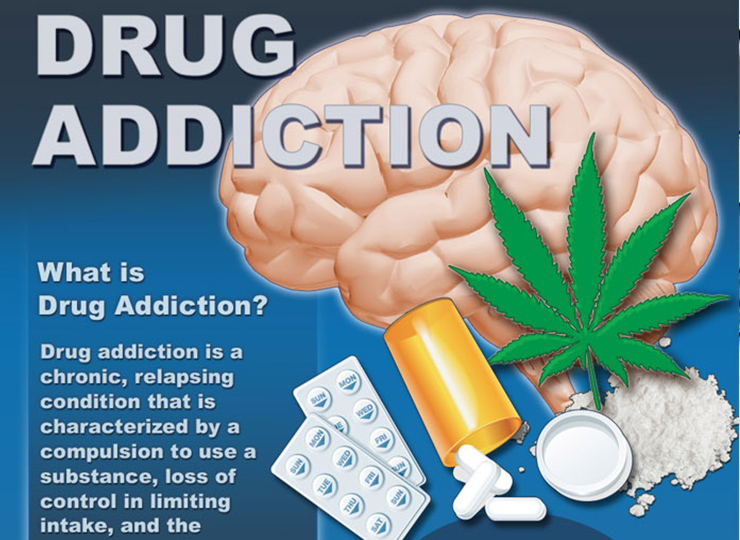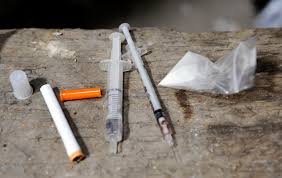Family contribution in solving addiction problems

Family contribution in solving addiction problems is a powerful way of finding lasting solution
Family contribution in solving addiction problems: Drug addiction recovery
The family contribution in solving drug addiction complications is not only essential but also timely. When the whole family is involved, the end product will be loaded with a lot more than just healing from addiction. With this kind of therapy where everyone is taking part, all the loose ends will be tied up and weak relationship made stronger, unity is restored and the common family agendum is given a chance. The best part of it is that children born in this new relationship will not have wrong mentors and parents will equally have the moral authority to instill discipline in their children as they grow up.
Besides the aforementioned, experts from AWAREmed Health and Wellness Resource Center reiterates that being a family disease, those who have been affected by addiction may take years to recover, as they rebuild and stabilize their lives, independent of what the alcohol and drug addicted family member does. Without question, it can seem overwhelming, but as we have already stated that commitment to the recovery process is also a commitment to the overall well-being of the whole family. Therefore very constructive and active family participation in the recovery process is essential if the family is to heal from the destructive impact of addiction. To keep hopes alive, the whole family needs a variety of supports, information, and skills including the following:
Family contribution in solving addiction problems: End the isolation and connect
By discouraging all kinds of isolation and willingly coming out to face the problem is a step in the right direction. Through this, the victim is able to associate with the right kinds of people either by joining an education or support group. Under such environments understanding how addiction affects the whole family as well as the direct victim becomes easier. The family participation will enable them to learn new communication skills towards restoring any communication link that may have been destroyed by this act of addiction in the first place.
Family contribution in solving addiction problems: Detachment and responsibility
Drug addiction often creates room for neglect of responsibilities. Learning on how to make progress on the detachment with love of the substance is very key to the restoration of one’s self. The success of this through the family participation will enable the patient to refocus on assuming responsibility for our own behavior. They will be able to quit their old habits which are full of denial and blame game and re-energize on keeping the new found life free from addiction and make it work for prosperity. The best part of it all is that with the family participation, they will be able to adequately prepare for any eventuality of relapse and deal with it effectively for the good of the victim and the whole family.
Finally, as we settle on solutions to this problem, we must all appreciate that family recovery is ideal and realistic for millions across the globe, and because of this hope, help, and healing of family recovery has become the most powerful way to break the intergenerational cycle of alcoholism and addiction in the family thereby bringing restoration to where hope was dying and discouragement was thriving. You can speak to us at AWAREmed Health and Wellness Resource Center about all concerns you may have in relation to alcoholism and addiction as potential factors of family pain and we will gladly come to your aide.
Family contribution in solving addiction problems: Drug addiction recovery
http://www.awaremednetwork.com/









